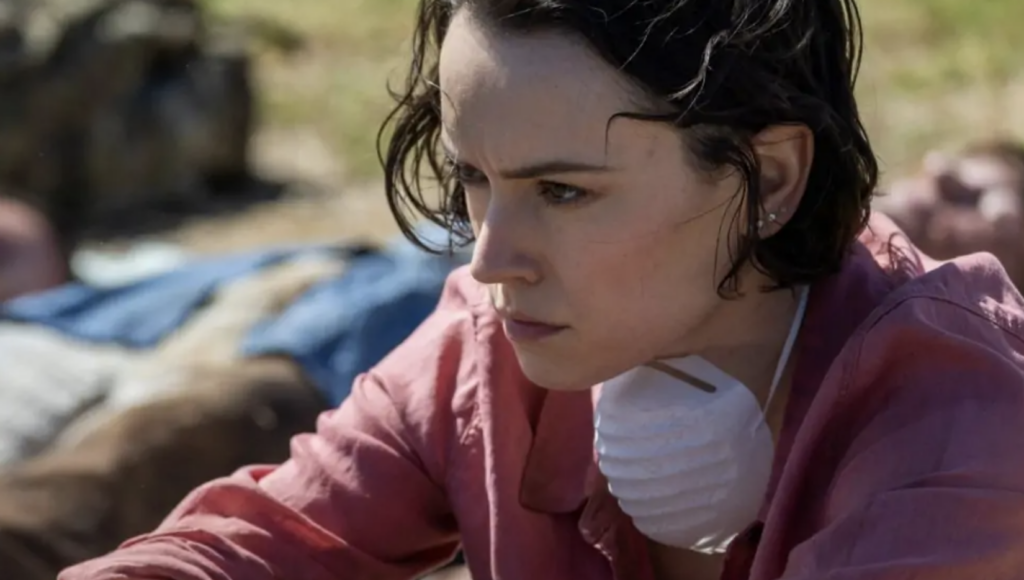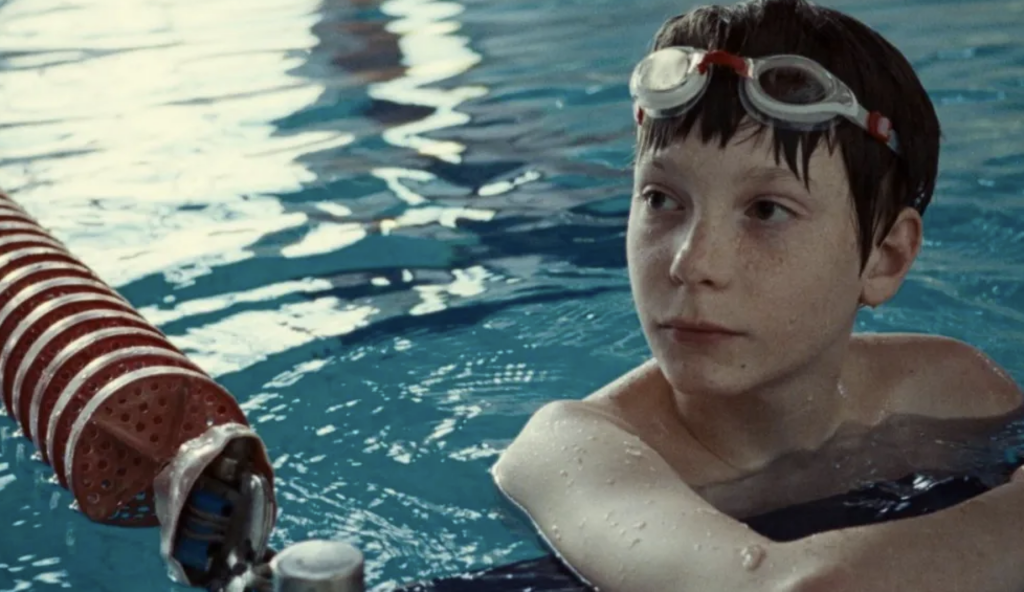Expect nothing
If Harvey Keitel’s name is in the credits, I never expect to see his ass, but I’m not surprised if I do. In one scene from Abel Ferrara’s Bad Lieutenant, Keitel performed in full-frontal nudity, turning male nudity in film into a statement. When Keitel bared himself, he infused his character with a neediness that explained his later actions. Even for an actor with an already formidable reputation for his seminal performance as Jodie Foster’s pimp in Taxi Driver, going unclothed was a risk. And there isn’t much risk involved when a “name” actor plays the types of roles audiences expect.
To ensure professional longevity or to maintain personal and artistic satisfaction, some actors will take roles that confound audience members. The gamble is in forgoing what makes the actors recognizable — i.e., box-office bankable. The well-calculated risk, one that pays off commercially and critically, isn’t as elusive as it is seldom seen. Box-office appeal can’t be ignored for the sake of keeping an actor employed, if he or she is subject to roles that share a particular trait. For instance, Tom Hanks and Morgan Freeman will always be associated with a strong moral presence. A shared character trait, though, is not the same thing as the same character.
Transforming oneself from movie star to character actor is the ultimate risk, and the task is never undertaken lightly. The difference between a character actor and an A-list actor (someone who can carry the film and whose name draws audiences) is this: A character actor could easily be inserted into an ongoing film production; an A-list actor has to have every element inked, as goes Variety-speak, beforehand. It’s ad hoc participation versus cautious trepidation. Script approval isn’t the least of the caveats those on the A-list can obtain. It’s the one thing they give up when Abel Ferrara says, “Drop the pants, Harvey.”
The biggest risk an action hero can take is not to perform his own stunts; it’s to reveal real depth as an actor, even if there’s no glory. That means no improvised maneuverings on the precipice of a skyscraper, which the villain will blow up at the stroke of midnight. Bruce Willis’ work has largely been composed of characters from Action Hero 101. Some may be a wise guy (Hudson Hawk), but they’re always tough (The Last Boy Scout and the Die Hard films). I sensed something was up when I first saw the trailer for The Sixth Sense. Willis is shown quietly talking to young Haley Joel Osment. The trailer has no explosions with Willis saving the boy from the mob as gunfire surrounds them. In the film, he does save the boy as a psychologist but not as a gun-toting cop fighting because “this time it’s personal.” Willis’ performance is far warmer than his action persona. He doesn’t have a line as memorable as “Yippee-ki-yay, motherfucker,” but he helps Osment not see dead people anymore. So Willis can play Thoughtful Man and Action Hero. Arguably, Willis’ boxer in Pulp Fiction served as the conduit between his Action Hero and Thoughtful Man personas.
Comedian Robin Williams has played off his zany persona in such films as Good Morning, Vietnam, Mrs. Doubtfire, and Patch Adams; he may rein it in for a quiet moment, but never completely, because Williams’ appeal will always be his rapid-fire improvisations. Compare his characters in Awakenings and Good Will Hunting to his more comic portrayals. In films, Williams is either Zany or Scholarly.
He is an infinitely better actor when he’s in Scholarly mode, when he’s not doing voices, when he’s just playing the moment. He proved in the saccharine Dead Poet’s Society that he could downplay his comic energy for emotional effect. From there, he continued playing scholarly/academic parts, some of which were small, such as his turn in Kenneth Branagh’s Dead Again. Williams plays a former psychologist who’s cleaning fish because of an indiscretion with a patient. In the film, Williams embodies the bitterness of his situation while managing to exude a fraction of the charm his character once had. Sure, Branagh probably cast Williams in the role because he’s a comedian and the character’s situation is ironically funny, but Williams’ performance belies his being cast for comic effect.
Not true for Branagh’s Hamlet. Williams’ character is intentionally there for laughs (and the casting of Williams works, while Jack Lemmon and Billy Crystal jar our suspension of disbelief). Jakob the Liar, not given the attention it deserved, gave Williams ample space to meld his comedic sensibility to a noncomedic role. And his recent Bicentennial Man — how can there be more humanity than in a robot-turned-human flick?
In 1984, Bill Murray adapted Somerset Maugham’s novel The Razor’s Edge. About 13 seconds after the first critic came out of the theater, Murray’s budding dramatic career died. His performance met confusion and disbelief from audiences who would later prefer Ghostbusters to his World War I vet’s pondering the meaning of life. Murray returned to comedy; he did “Murray, the character” in Stripes, Tootsie, Meatballs, and Caddyshack. Well, Murray has become a Character Actor, you big galoots. Look at his small part as an ambulance-chasing lawyer in Wild Things. Look at his lovesick millionaire character in Rushmore. Rent Mad Dog and Glory, which turns the tables in casting Murray as a made man who does his “comic stylings” at the club he owns and in casting Robert De Niro (himself quite capable and at ease playing against everyone’s expectation of a De Niro-type role) as a quiet cop who gets called Mad Dog by all the other cops as a joke. All right, get out of here, you crazy nuts.
I don’t expect actors to completely disavow the casting that gets their paychecks signed. I just want my expectations surpassed. Actors who confound audience’s expectations of them can be just as bankable as a Zany-Action-Hero-Character. What’s in a name when you expect nothing?




